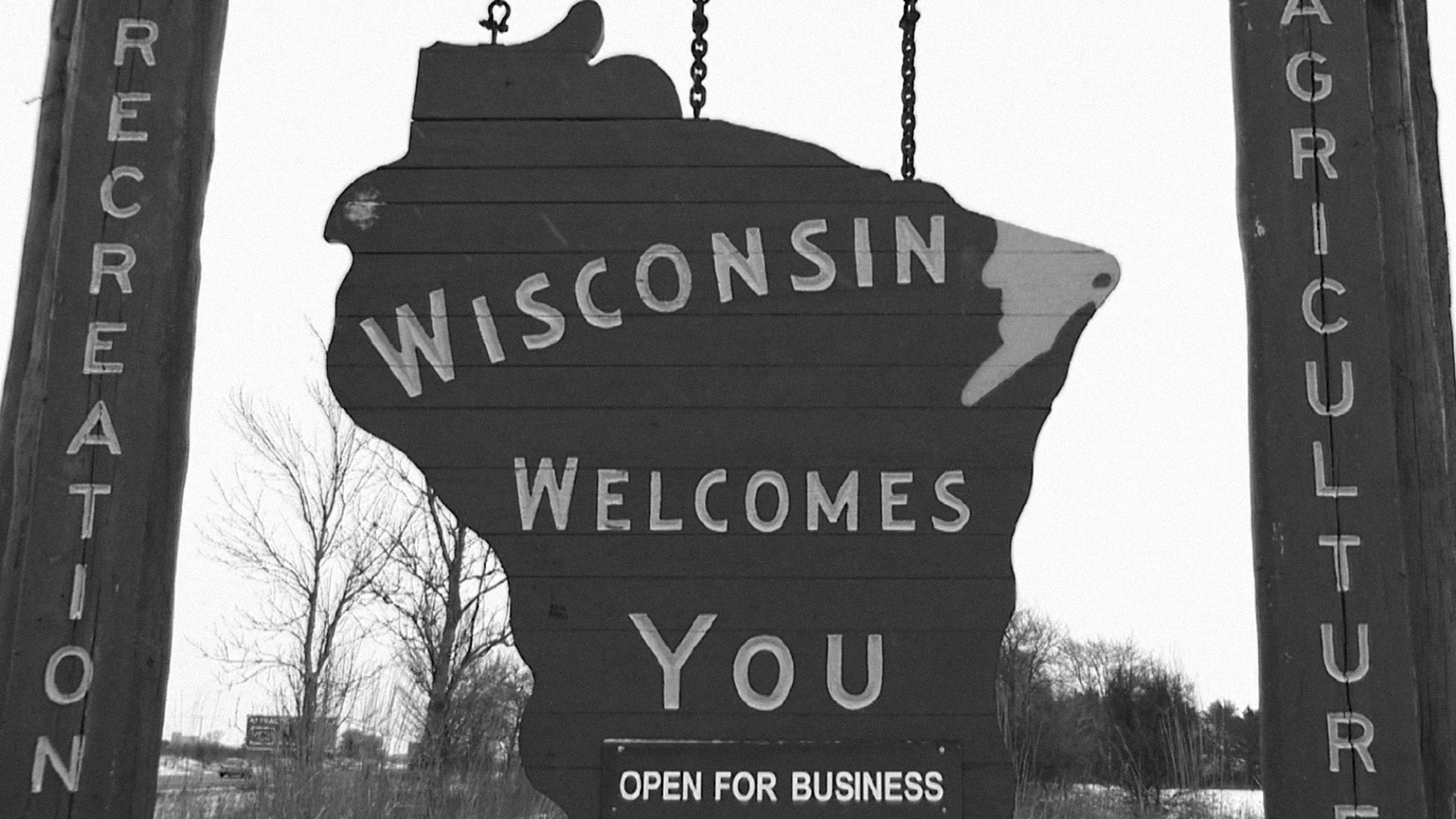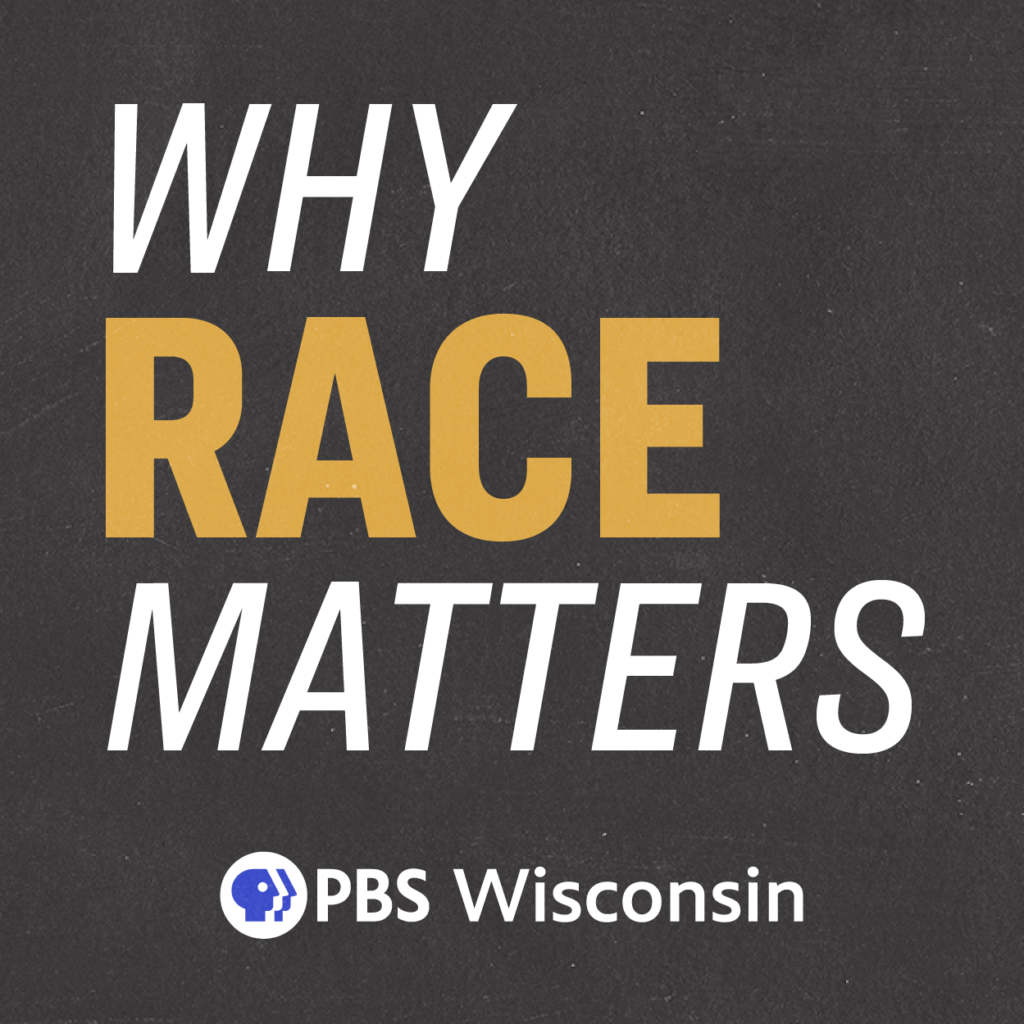Angela's Journey and Why Race Matters in Wisconsin
"Our stories need to be heard."—Angela Fitzgerald
Angela's Journey and Why Race Matters in Wisconsin
Host and producer Angela Fitzgerald introduces us to the motivation behind Why Race Matters, and the call to action she felt after the killing of George Floyd by Minneapolis police. She shares her own story of moving to Wisconsin and her struggles adjusting to life in a predominately white community. We preview forthcoming episodes, guests, and topics while exploring Why Race Matters in Wisconsin.
TRANSCRIPT
Wisconsin is often described as the most segregated state in the nation. I didn’t know that. I moved here from the DC area in 2014 and didn’t know a lot
about the Black population in Wisconsin. But since then, I’ve learned a lot about Wisconsin’s Black community, their successes and their challenges. I’ve had loads of conversations with friends and those working to improve our community. But I still wanna learn more. Together, let’s discover and explore Why Race Matters in Wisconsin.
[upbeat music]
Before I became a public television host, my journey started in Washington, DC, and I grew up in southern Maryland in a city called Fort Washington. Fort Washington is about 32 minutes south of the nation’s Capitol, where 65% of the population is Black. I was very accustomed to seeing people that look like me on a regular basis. I very much, I guess, came to see that as like the standard way of being just like, yeah, you go to the grocery store or the airport or the doctor’s office or school and you see people that look like you. Like, that was very much the norm for me. The point is, like I saw me everywhere that I went.
In 2014, I moved to Madison, Wisconsin for a job, moving from a majority Black space to a city that’s almost 80% white. So that was pretty aggressive. At least the first month, of trying to figure out where were the spaces where I could find foods I appreciated, I could find hair products. I could find like some sort of semblance of a social life, and I’d never had to put forth that effort before.
Like, any other place in which I lived, which is interesting. Soon after I moved to Madison, the Wisconsin Council on Children and Families launched a multi-year initiative called the Race to Equity Report. The goal was to explore, measure, and analyze the racial disparities in Dane County, Wisconsin. I’ve never lived in a space– at least that I was aware of– and maybe that’s a privilege I took for granted, where like, race was in my face in that way. On the one hand, that felt exciting to be like, okay, they’re talking about race. That feels progressive.
And then kinda later on, there were other feelings that developed the longer I was here and the more it felt like race felt more like an academic exercise for people and not like an actual intentional focal area that there was desire to change anything around.
After the death of George Floyd in 2020 and the increased media attention around racial justice, I felt a responsibility to use my connections in public broadcasting to highlight some of these issues in Wisconsin. Certain spaces in Wisconsin are often credited as some of the most livable cities. But for whom exactly? A 2019 report from the Center on Wisconsin Strategy showed that Wisconsin ranks near the bottom nationally on a number of racial disparities, including worst for unemployment, second-worst for out-of-school suspension, third-worst for voter participation, and fourth-worst for infant mortality.
During this season, we’ll talk with Black people living in Wisconsin and the issues important to them, like the school-to-prison pipeline and a white-centered education.
Roderick Bankston: When you know you’re a human, you’re not finna accept slavery or oppression. And it’s similar to today. When we know what we’re truly worth, we’re not gonna accept. So just that education piece became critical,
but not a white-centered education.
Angela: Civic engagement and the fear behind change.
Tatiyana Benson: To expect me to feel like I’m loved in this society, in this country is ridiculous. To try to fix a system that literally was started by stealing land and stealing people is a ridiculous idea to ever think that like, this could be a just system.
Angela: Black mental health and the trauma surrounding the images of Black death.
Myra McNair: We’ve heard countless Black men say “I can’t breathe.” And I always explained with COVID and then with all of the racial unrest, we can’t breathe as a community.
Angela: Black farming and land ownership.
Robert Pierce: It’s so hard to convince people that what I was doing was the right thing, because it was like they equated it with slavery. They, you know, the hard work, you know, it was like you know, you know, they didn’t realize there was a payout for that hard work.
[upbeat music]
Angela: The Black experience in Wisconsin needs to be talked about. Our stories need to be heard. My journey here started in 2014, but it’s still going. Let’s explore and recognize why race matters in our state. Part education, part celebration of the solutions, but also part call to action. Like just because you may not be personally affected, does that mean these issues don’t exist and that you don’t… that you are removed from playing a role in bringing about the change that we all need to experience? ‘Cause it affects all of us at the end of the day. So ultimately, race matters because of all of those things. It shouldn’t, but because we recognize it does, now what are we doing about it?
[upbeat music]
To learn more, go to pbswisconsin.org/whyracematters to find additional links and resources to help keep you informed. There, you can also check out the Why Race Matters podcast as well as additional episodes.
[gentle music]
Announcer: Funding for Why Race Matters is provided by CUNA Mutual Group, Park Bank, Alliant Energy, Madison Museum of Contemporary Art, Focus Fund for Wisconsin Programming, and Friends of PBS Wisconsin.

Photo/PBS Wisconsin
Resources
Explore an array of resources providing context and support for Black communities in Wisconsin.
 Passport
Passport







Follow Us